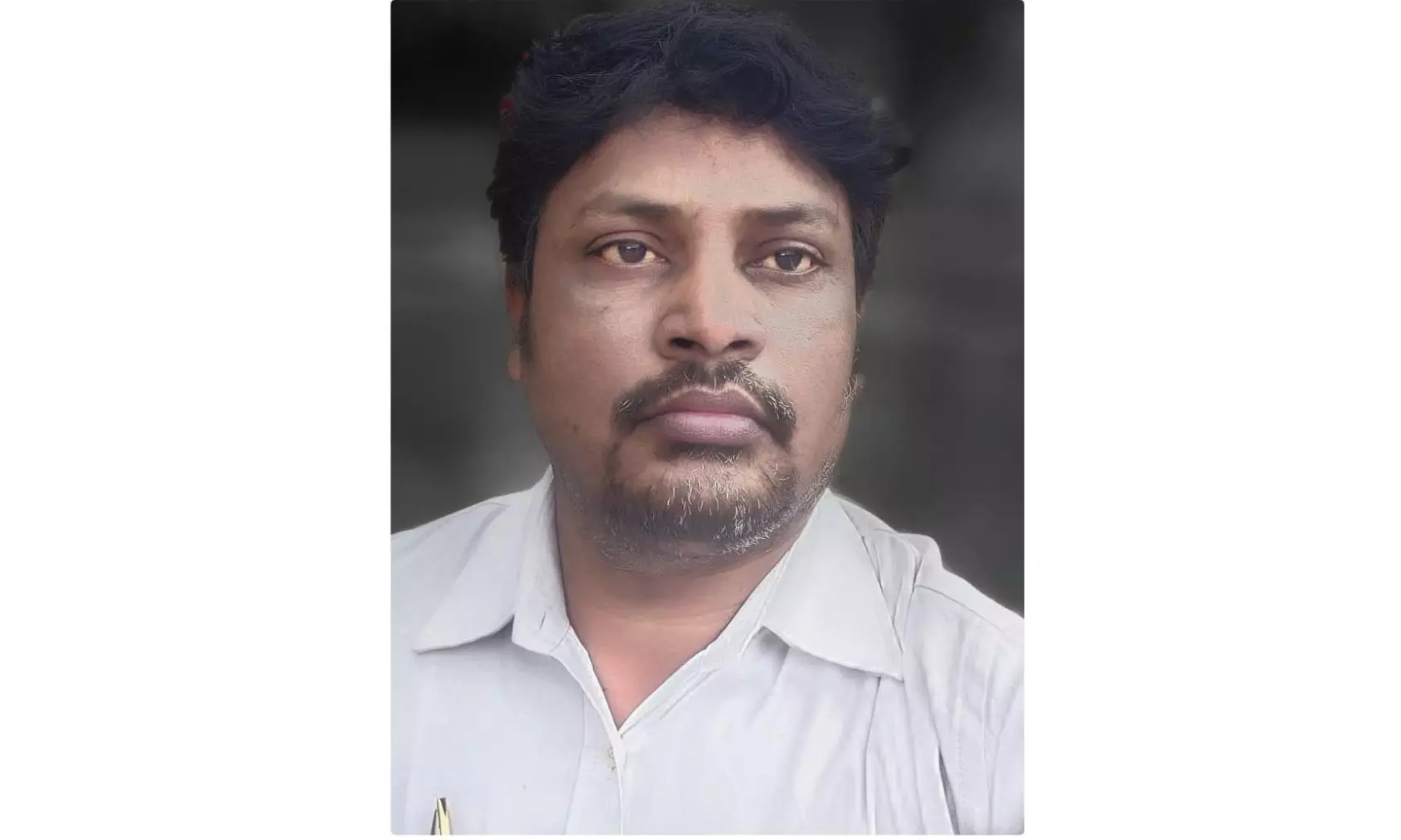India-US poised for a long term partnership: Experts

Hyderabad: Unprecedented public, private partnerships in semiconductors, advanced telecommunications, quantum computing, civilian space technology, and other segments have happened between India and the US, according to experts. These insights were shared during a panel discussion on "Innovation and Industrial Bridge: US-India Partnership" at the Defence News Conclave held in Hyderabad on Friday.
Lt.Gen. Anil Kapoor (Retd), a board member of the Technology Innovation Hub governing body and a professor of practice at IIT Tirupati, emphasised the contemporary and futuristic nature of the Indo-US playbook. The strategic alliance, driven by mutual dependence and shared democratic values, addresses ongoing geopolitical challenges, particularly in the context of Cold War 2.0 dynamics between the US and China.
Highlighting the long-term Indo-US collaboration, Kapoor stressed the importance of a joint technology strategy and industrial collaboration. He mentioned the United States–India Initiative on Critical and Emerging Technology (iCET) as a collaborative framework already in place, calling for integration with a focus on a design thinking approach.
Maj.Gen. Pawan Anand, head of the Atmanirbhar Bharat Initiative at the United Service Institution of India, underlined the significance of understanding joint intelligence assessments. He stressed the need for cooperation, stating that intelligence without collaboration is merely information.
Capt Sarabjeet Parmar (Retd), a distinguished fellow at the United Service Institution of India, highlighted the key factors of quality and affordability in collaborative efforts, suggesting that a coalition of technology transfer and India's software expertise could yield remarkable results.
Praveen PA, director of Telangana Aerospace and Defence, highlighted India's potential to fill supply chain gaps, especially in the aerospace and defense sectors. He mentioned Hyderabad's resilient supply chain and the growth of MSMEs, indicating the city's capability in military-grade manufacturing and technological advancements like UAV and 3D printing.
Harinder Sekhon, a former intelligence and strategic analyst at the National Security Council of India, emphasized the bilateral progress between India and the US despite occasional multilateral disagreements. She pointed out the necessity for democracies to find common ground in addressing global challenges, particularly in the face of competing interests in areas like artificial intelligence.
“There has been a lot of discussion about AI on how it's positive. But at the same time, it can be a challenging matter as well. The compute interests dictate that democracies get together and find a common ground to address these global challenges. There has been an unprecedented public, private partnership in semiconductors, advanced telecommunications, quantum computing, civilian space technology,” she said.

